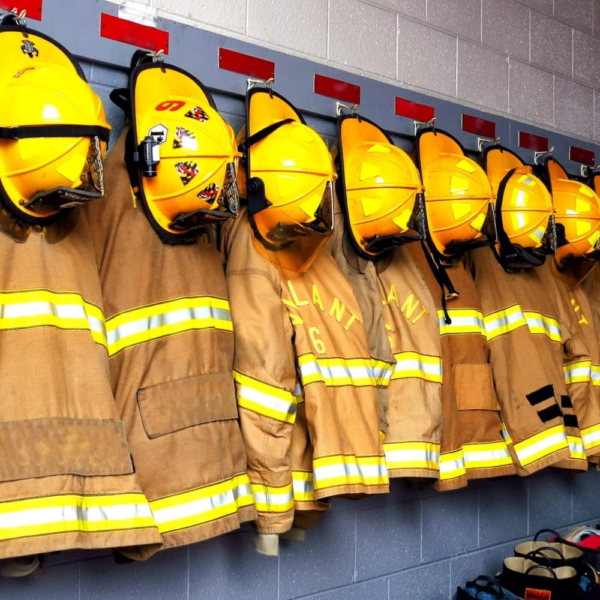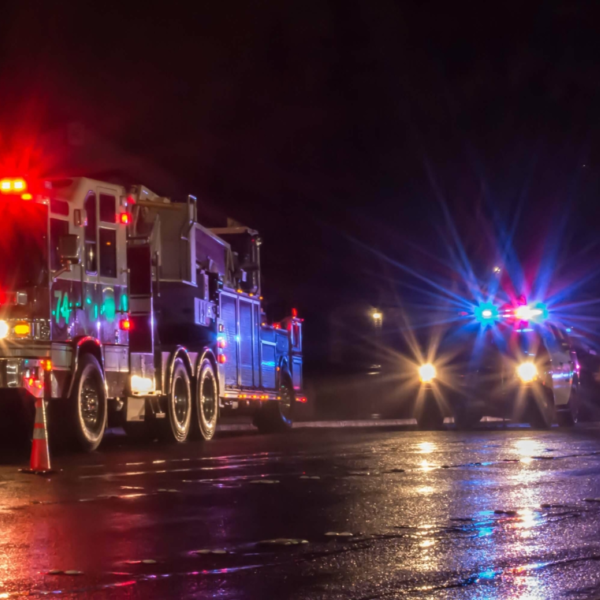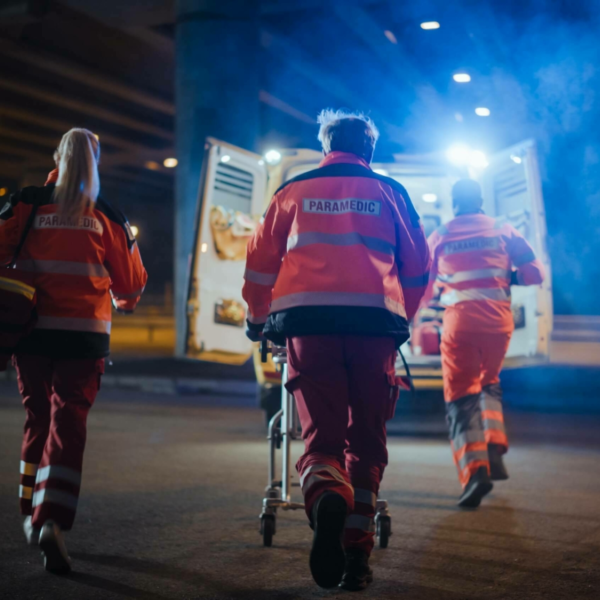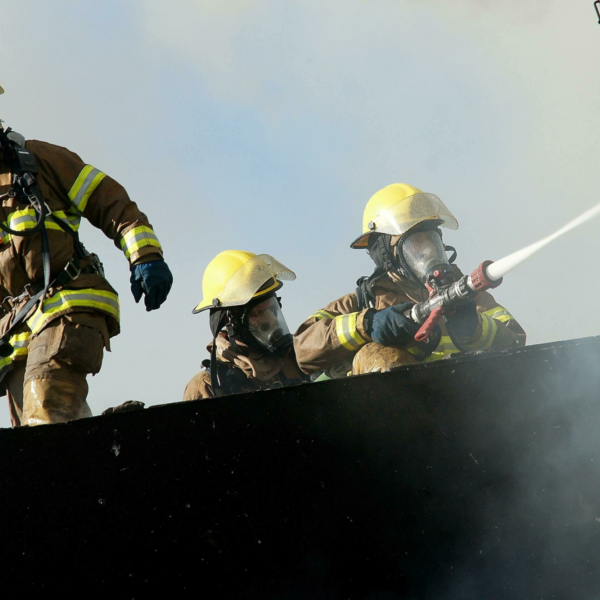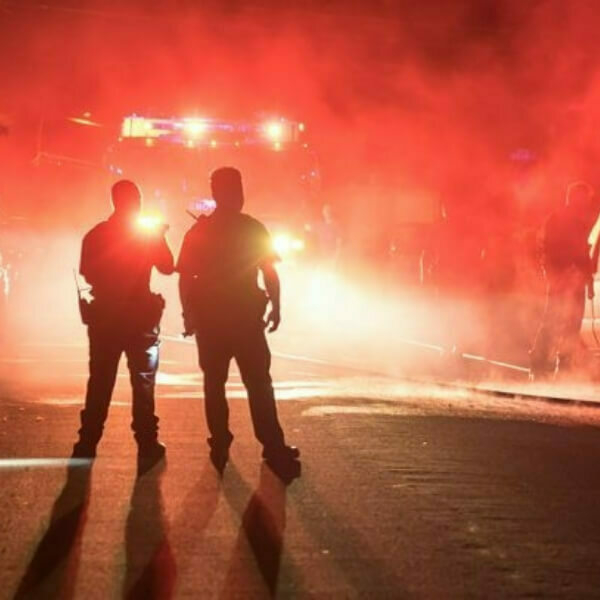Workers' Comp, Police & Fire
First responders work tirelessly, often putting themselves in harm’s way to protect their communities. Firefighters, paramedics and EMTs face extraordinary risks every day, which can lead to serious health conditions. At Black & Jones, we honor the tireless sacrifices of our local first responders by supporting them and fighting to ensure they receive the care and benefits they have earned.
Read More
Police & Fire
As a first responder, your life is dedicated to serving and protecting others. But what happens when you’re the one who gets injured, and it’s not related to your job? Navigating the complexities of insurance, medical care and time off can be overwhelming, especially when your injury doesn’t fall under workers’ compensation. Here's what you need to know and the steps you should take if you experience a non-work-related injury.
Read More
Police & Fire
As a first responder—whether you’re a firefighter, paramedic or EMT—you face unique risks that can lead to serious health conditions like heart disease or lung damage. But did you know that there isn’t actually a separate law called the “Heart & Lung Act”? Instead, the Illinois Workers’ Compensation Act offers special protections under Section 6(f). This section grants essential benefits for first responders diagnosed with specific conditions due to the nature of their job.
Read More
Workers' Comp, Police & Fire
A client asked Black & Jones to represent him when his employer’s insurance company denied that his need for back surgery was related to a slip-and-fall at work. His doctor had ordered surgery, but would not schedule it due to lack of approval from insurance. He was unable to work due to his back and was not receiving any pay. Bills were accumulating and he was not getting any answers from his employer.
Read More
Police & Fire
Paramedics play a vital role in our communities, providing essential medical care in emergency situations. Yet, the nature of their work exposes them to various health risks, including heart and lung diseases. Many paramedics have questions about their eligibility for compensation under the so-called “Heart and Lung Act.” However, contrary to popular belief, there is no separate legislation by that name. Instead, paramedics, like other first responders, are afforded special consideration under the Illinois Workers’ Compensation Act. Let’s explore what this means for paramedics and how it impacts their ability to seek compensation and treatment for work-related illnesses.
Read More
Police & Fire
Firefighters are the unsung heroes of our communities, facing immense risks and challenges to keep us safe. Yet, the dangers they encounter on the job can sometimes lead to serious health conditions, including heart and lung diseases. Many have heard about the “Heart and Lung Act” and wonder what it means for them. In reality, there is no separate law by that name. Instead, firefighters are afforded special consideration under the Illinois Workers’ Compensation Act, particularly under Section 6(f). Let’s explore what this means for firefighters and how it affects their ability to receive compensation and treatment for work-related illnesses.
Read More
Workers' Comp, Police & Fire
If you or someone you know is a firefighter, EMT or paramedic and was diagnosed with MRSA or any other bloodborne pathogen, lung or respiratory disease or condition, heart or vascular disease or condition, hypertension, tuberculosis, or cancer resulting in disability, you may be entitled to benefits under the Illinois Workers’ Compensation Act.
Read More
Police & Fire
Last week, House Bill 2028 became law drastically increasing benefits paid to the families of our law enforcement officers and firefighters tragically killed while in the line of duty. This is such an important and well deserved change.
Read More
Police & Fire
I have had several firefighters, EMTs and paramedics ask me if they can get compensation for their heart or lung disease under “the new Heart and Lung Act.”
Read More
Workers' Comp, Police & Fire
Yes, first responders are entitled to workers’ compensation benefits when they are injured while providing help in their official capacity while off the clock.
Read More
